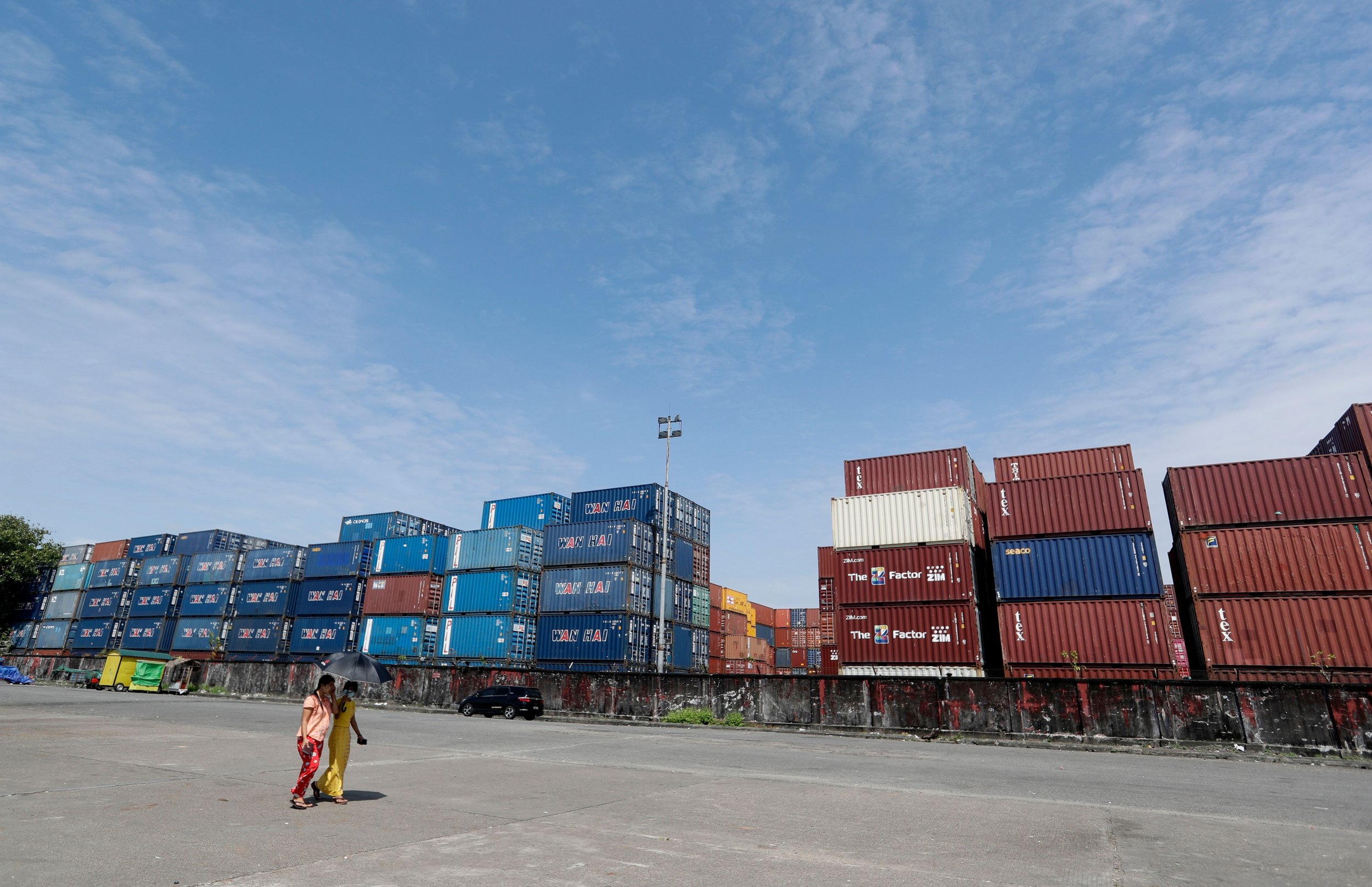PROJECTS
Here, you will find a one-stop-shop for each SOC ACE research project including publications, information about events and external engagement, media and contact details for researchers.
Smuggling along the new silk road: The role of Global Trade Hubs (GTH)
The project evaluates the role of Global Trade Hubs (GTH) along the maritime Silk Road in facilitating illicit activities, particularly smuggling, leveraging proven methods based on mirror trade statistics. By comparing these findings with existing assessments of illicit activities and flows, the project aims to provide insights into the potential risks associated with GTH involvement in illicit financial flows (IFFs).
Exploring the Consequences of Organised Crime and Illegal Trade Displacement on Eurasia
The war in Ukraine and sanctions on Russia are leading to tectonic changes in Eurasia’s illicit scene. The war has disrupted licit and illicit supply chains throughout the region, changed routes of trafficking and shifted production of illicit commodities. This project aims to understand changing dynamics in respect of the following: a) threats in borderlands and seaports; b) opportunities in neighbouring countries as legal companies and criminal enterprises step in to fill the void of meeting the demand on sanctioned goods in Russia; c) actors in smuggling and trafficking; and d) elite bargains related with illicit flows.
Assessing the effectiveness of sanctions as a tool to disrupt serious organised crime
This project seeks to address a number of gaps in the evidence base on the effectiveness of sanctions use by countries to tackle SOC. It aims to make a key contribution as an independent study of existing experience of using sanctions against SOC – and the lessons this experience holds for the UK.
Illuminating the role of third-country jurisdictions in sanctions evasion and avoidance (SEA)
This project examines why third countries – countries neither sending sanctions or the target of them – either facilitate sanctions evasion and avoidance (SEA) or support efforts to counter it. It focuses on sanctions relating to Russia since February 2022 and it based on rapid review of the thematic literature on SEA and empirical research in 13 third countries. Our analysis examines how flows of Russian financial and human capital and patterns of SEA changed since February 2022; what factors affect either facilitation of or support to counter SEA; what are the types of individuals/organisations that facilitate SEA, and what methodologies and typologies do they use.
Exploring mechanisms to recover the proceeds of kleptocracy
This project seeks to contribute to the ‘freeze to seize’ debate: how to move from temporary sanctions-based asset freezes of Russian-linked assets towards more permanent asset deprivation via criminal justice confiscation mechanisms. It does so by examining a range of established asset confiscation concepts and their operationalisation in specific jurisdictions, which have their basis not in sanctions designations but in evidentially-driven and judicially-overseen criminal justice processes. The research sets out the current limitations of UK civil recovery mechanisms and looks at examples of three alternative mechanisms (lowering the standard of proof, reversing the burden of proof and ‘societal danger’ models) across …
Assessing the illicit finance and terrorist financing nexus in the case of Afghanistan since the fall of the Taliban in 2001
With the fall of the Ghani government in August 2021 and the return of the Taliban to power in Afghanistan, the future of the international community’s financial relationships with the governing regime in Kabul should be reassessed. An understanding of the difference between illicit finance risks and terrorist financing risks emanating from the country, as well as the nexus between them, is critical for this purpose.
Combatting trade-based money laundering: Do the Financial Action Task Force recommendations bite?
The Financial Action Task Force (FATF) focuses on combatting money laundering. In February 2012, it codified its recommendations setting the global standard on combating money laundering and terrorist financing. Countries voluntarily accept FATF recommendations and must produce their anti-money laundering (AML) framework for assessment by FATF once they’ve accepted. This project examines eight African and Middle Eastern countries that voluntarily implemented these recommendations from 2012 to 2020. It tests the hypothesis: Does implementing FATF recommendations reduce trade gaps? Using a ‘difference in difference’ methodology the project tests whether suspected illicit financial flows (IFF), measured through the trade-gap methods, decline after the decision to implement FATF recommendations.
Human trafficking in the Afghan context
Decades of wars and internal conflicts have driven generations and millions of Afghan families into impoverishment, illiteracy, unemployment, and displacement, rendering them unable to provide for their household members, particularly children. Political instability and conflicts have increased human suffering and vulnerabilities, eroded community resilience, stripped people of legitimate and viable economic options, opportunities, and livelihoods, as well as amplifying (in several cases also creating new forms of) human trafficking activities and practices. The research first provides a brief overview of human trafficking situations, forms, their widespread reach and practices in the Afghan context before and after the Taliban’s takeover in August 2021.









